Navigating the world of business loans can feel like venturing into uncharted territory for many small business owners. With so many loan products available, from Merchant Cash Advances (MCAs) to SBA loans and lines of credit, it’s easy to feel overwhelmed by the complexity of terms and eligibility requirements. Without clear guidance, making the right choice for your business can seem daunting. This blog aims to demystify these loan products, offering simple explanations to help you confidently choose the best financing option for your small business.
Whether you’re looking for quick access to capital, long-term investment, or sustainable growth strategies, understanding the different loan products is essential. Each option has its own benefits and drawbacks, and the key is to match the right type of loan to your specific business needs.
Let’s explore the most common types of business loans and how they can benefit small business owners.

1. Merchant Cash Advances (MCA)
A Merchant Cash Advance (MCA) is a quick and flexible way to get a lump sum of cash in exchange for a portion of your future credit card sales. Unlike traditional loans, an MCA isn’t paid back in monthly installments. Instead, repayments are made daily or weekly based on a percentage of your daily credit card transactions.
Pros:
- Fast Approval: MCAs are known for quick approvals, sometimes within a day.
- No Collateral Required: You don’t need to provide any assets or property as collateral.
- Flexible Repayments: Repayments fluctuate with your sales volume. If your sales are down, your repayments decrease.
Cons:
- High Costs: MCAs can have higher fees compared to traditional loans, which makes them more expensive in the long run.
- Short Repayment Terms: The repayment period is typically short, ranging from a few months to a year.
- Impact on Cash Flow: Since repayments are linked to daily sales, your cash flow can be tight, especially during slow business periods.
Is an MCA Right for Your Business? MCAs are ideal for businesses with consistent credit card sales, such as retail or restaurant businesses. They offer quick capital but should be considered a short-term solution due to their high cost. If you’re facing a cash flow crunch and need immediate funds, an MCA could be a suitable option. However, consider the long-term financial impact before proceeding.
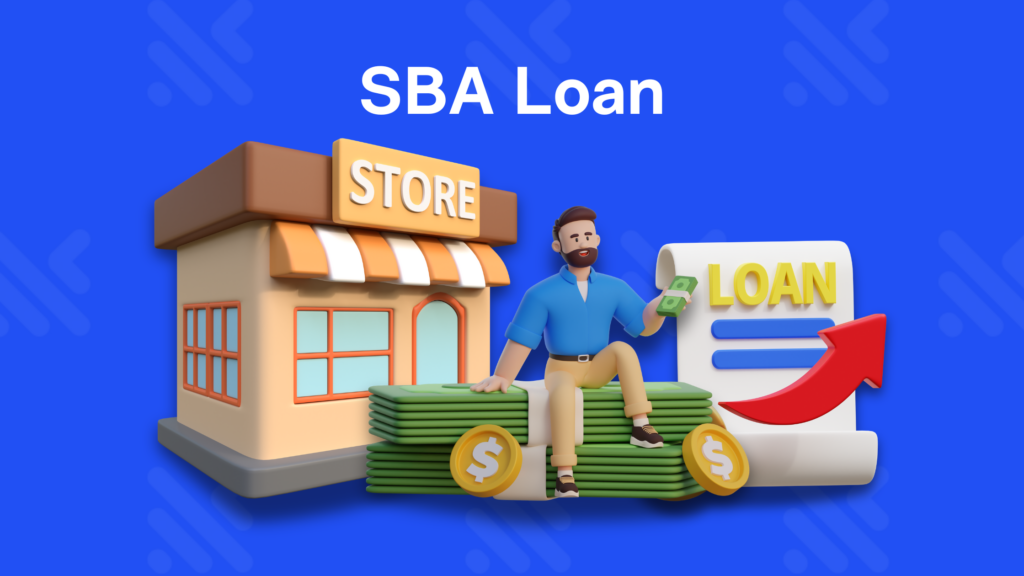
2. SBA Loans
SBA (Small Business Administration) loans are among the most popular financing options for small business owners. These loans are partially guaranteed by the government, which makes them less risky for lenders and more accessible to small businesses. SBA loans come in different forms, including 7(a) loans, 504 loans, and microloans, each designed to meet specific business needs.
Pros:
- Lower Interest Rates: SBA loans tend to have lower interest rates compared to other types of financing.
- Longer Repayment Terms: These loans can be repaid over a longer period, making the monthly payments more manageable.
- Wide Range of Uses: SBA loans can be used for various purposes, including working capital, equipment purchases, and real estate investments.
Cons:
- Lengthy Application Process: The application process can be time-consuming, requiring detailed documentation and financial information.
- Strict Eligibility Requirements: SBA loans have stringent eligibility criteria, and businesses with poor credit may find it hard to qualify.
- Collateral May Be Required: For larger loan amounts, collateral may be necessary, increasing the risk for business owners.
Is an SBA Loan Right for Your Business? If you have a strong credit history and need a long-term financing solution with favorable terms, SBA loans are a great option. They’re best suited for businesses looking to expand, invest in equipment, or purchase real estate. However, be prepared for a more rigorous application process and longer approval times.
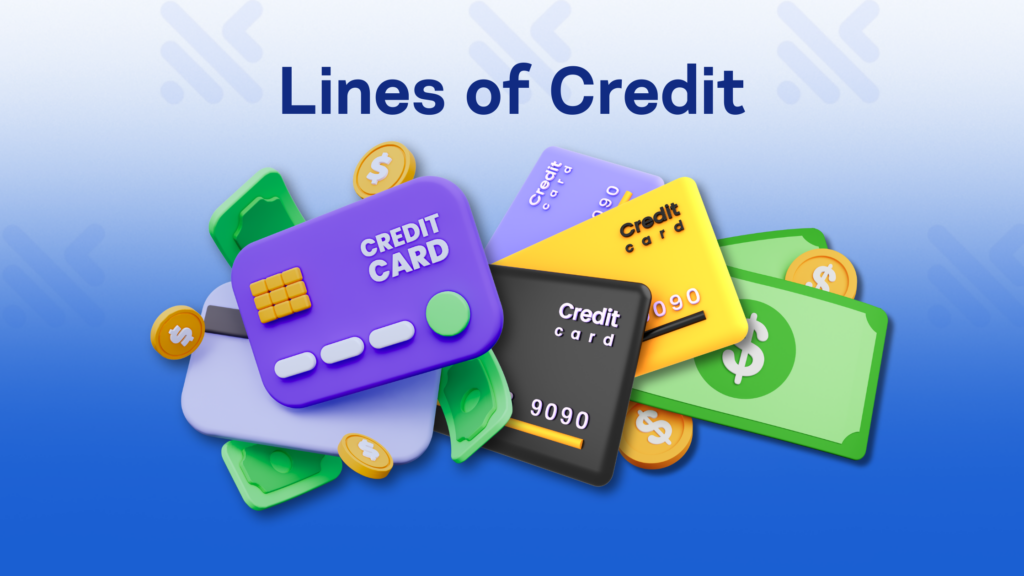
3. Lines of Credit
A business line of credit functions similarly to a credit card. Instead of receiving a lump sum upfront, you’re given access to a pool of funds that you can draw from as needed. You only pay interest on the amount you withdraw, and once you repay it, the credit line is available for use again.
Pros:
- Flexible Access to Funds: You can access funds whenever you need them, making it ideal for managing cash flow or covering unexpected expenses.
- Interest Only on Withdrawn Amount: Unlike a term loan, you only pay interest on the funds you actually use.
- Revolving Credit: Once you repay the amount, you can borrow again, making it a reusable source of capital.
Cons:
- Variable Interest Rates: Some lines of credit come with variable interest rates, which can increase over time.
- Lower Credit Limits: Lines of credit typically have lower limits compared to term loans or SBA loans.
- Annual Fees: Some lenders may charge an annual fee or maintenance fees for keeping the line of credit open.
Is a Line of Credit Right for Your Business? A line of credit is a great tool for businesses that experience fluctuating cash flows or need flexible access to capital. It’s particularly useful for seasonal businesses or those with irregular revenue streams. However, ensure that you’re comfortable with potentially rising interest rates and ongoing fees before committing.
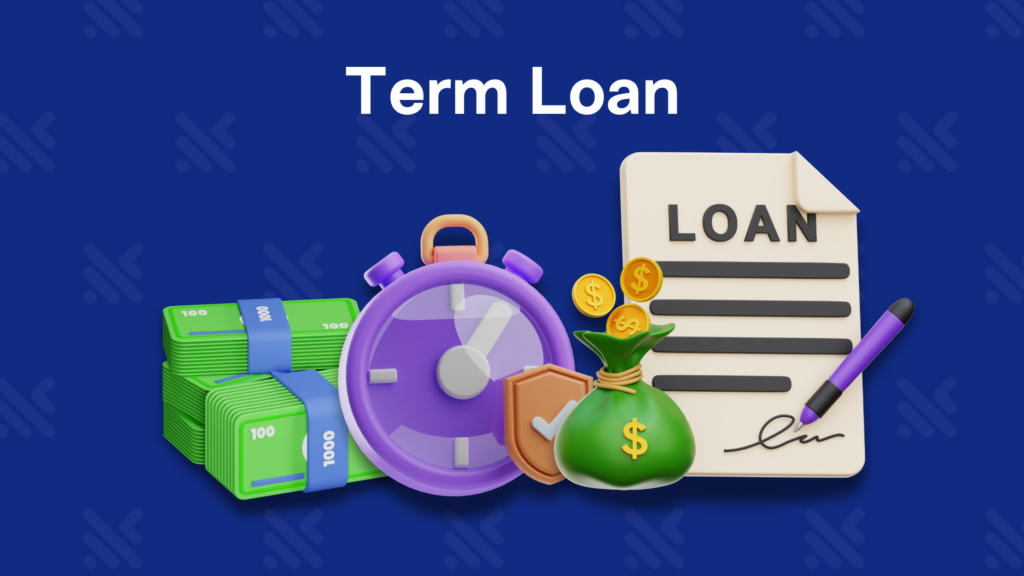
4. Term Loans
A term loan provides a lump sum of money that is repaid over a fixed period with regular payments. These loans are one of the most traditional forms of business financing, often used for major purchases or long-term investments.
Pros:
- Predictable Repayments: Since the loan has a fixed repayment schedule, you know exactly how much you’ll need to pay each month.
- Larger Loan Amounts: Term loans can provide significant sums of money, making them suitable for large investments.
- Lower Interest Rates: Depending on the lender and your creditworthiness, term loans can offer competitive interest rates.
Cons:
- Strict Eligibility: Lenders may require a high credit score and solid financials for approval.
- Collateral May Be Required: Some term loans are secured, meaning you’ll need to put up collateral.
- Long Approval Process: The approval process can take time, especially for larger loans.
Is a Term Loan Right for Your Business? Term loans are best suited for established businesses with significant capital needs, such as equipment purchases, expansion, or refinancing existing debt. They offer stability and predictability, but you’ll need to meet stringent requirements to qualify.
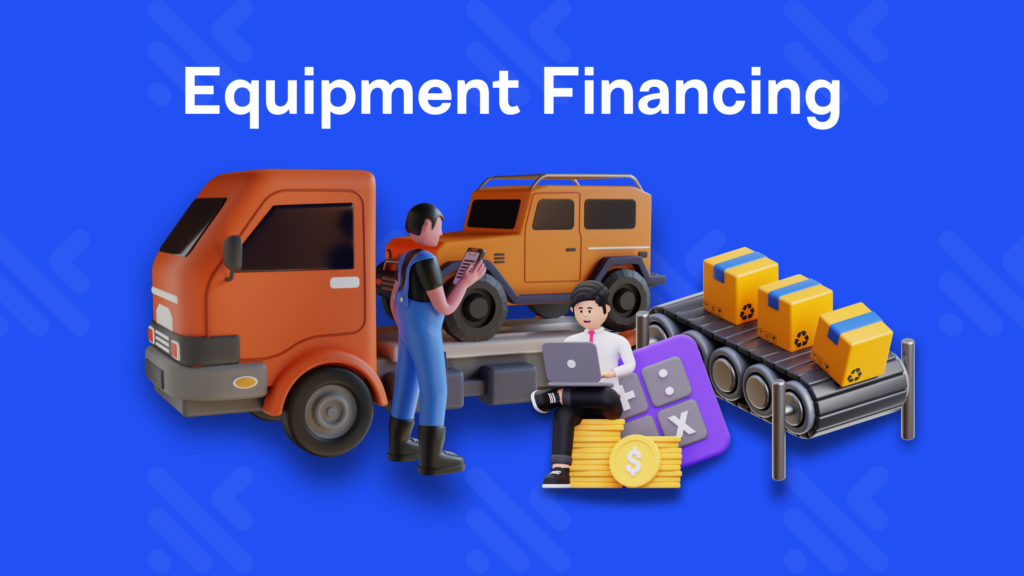
5. Equipment Financing
Equipment financing is specifically designed to help businesses purchase or lease equipment, such as machinery, vehicles, or technology. The loan or lease is typically secured by the equipment itself, making it a lower-risk option for lenders.
Pros:
- Preserve Cash Flow: Instead of paying a lump sum for equipment, you can spread the cost over time, preserving your working capital.
- Secured by Equipment: Since the loan is secured by the equipment, you may have more favorable terms.
- Ownership of Equipment: Once the loan is paid off, you own the equipment outright.
Cons:
- Equipment Depreciation: If the equipment depreciates quickly, you could end up paying for something that loses value over time.
- Collateral: The equipment itself serves as collateral, meaning you could lose it if you fail to make payments.
- Limited to Equipment: The funds from this type of financing can only be used for equipment purchases.
Is Equipment Financing Right for Your Business? If your business relies on expensive equipment, this type of financing can help you acquire the tools you need without straining your cash flow. It’s an excellent option for industries like construction, manufacturing, or transportation.
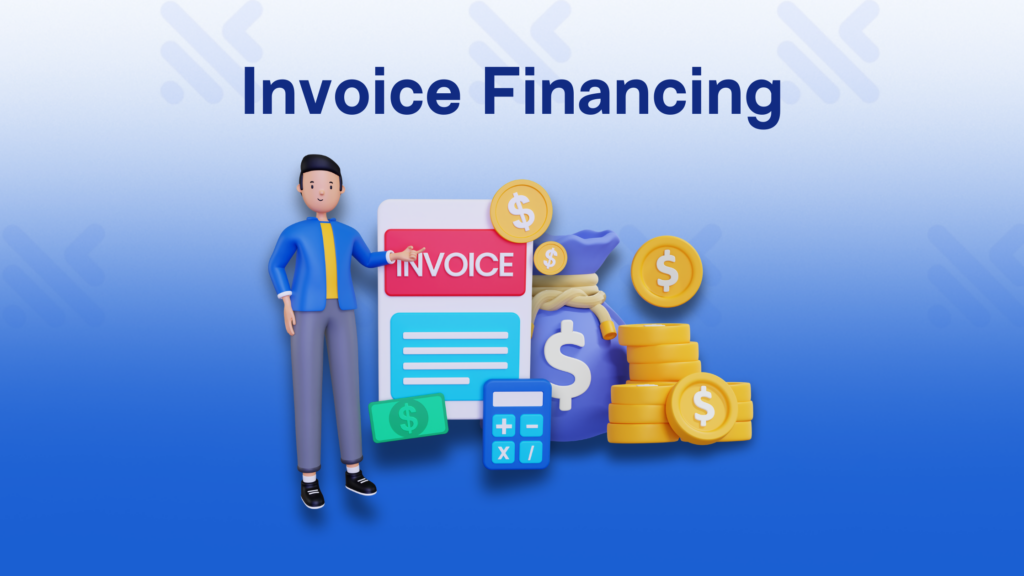
6. Invoice Financing
Invoice financing, also known as accounts receivable financing, allows businesses to borrow against their unpaid invoices. This can be a valuable tool for businesses dealing with delayed payments from customers, helping them maintain cash flow while waiting for invoices to be settled.
Pros:
- Quick Access to Funds: You can receive funds based on your outstanding invoices, providing immediate working capital.
- No Collateral Required: The invoices themselves serve as collateral, so no additional assets are needed.
- Improves Cash Flow: Invoice financing helps bridge the gap between invoice issuance and payment, making it easier to manage day-to-day expenses.
Cons:
- Fees and Interest: Invoice financing can come with fees and interest that eat into your profits.
- Dependent on Customer Payments: If your customers delay payment, it could affect the terms of the financing.
Is Invoice Financing Right for Your Business? For businesses with long billing cycles or delayed customer payments, invoice financing can be a lifesaver. It’s particularly useful for service-based industries or businesses working with large corporate clients.
Choosing the right loan product for your small business depends on your unique financial situation and long-term goals. Whether you need quick cash from a Merchant Cash Advance, long-term funding from an SBA loan, or flexible access to capital through a line of credit, understanding the pros and cons of each option is crucial.
At Simmons Capital, we simplify the loan process, providing expert advice to help you make informed decisions. Our team of financial advisors is here to guide you every step of the way, ensuring that you choose the best financing solution for your business’s growth. Reach out to us today for personalized guidance and start your journey toward financial success!







